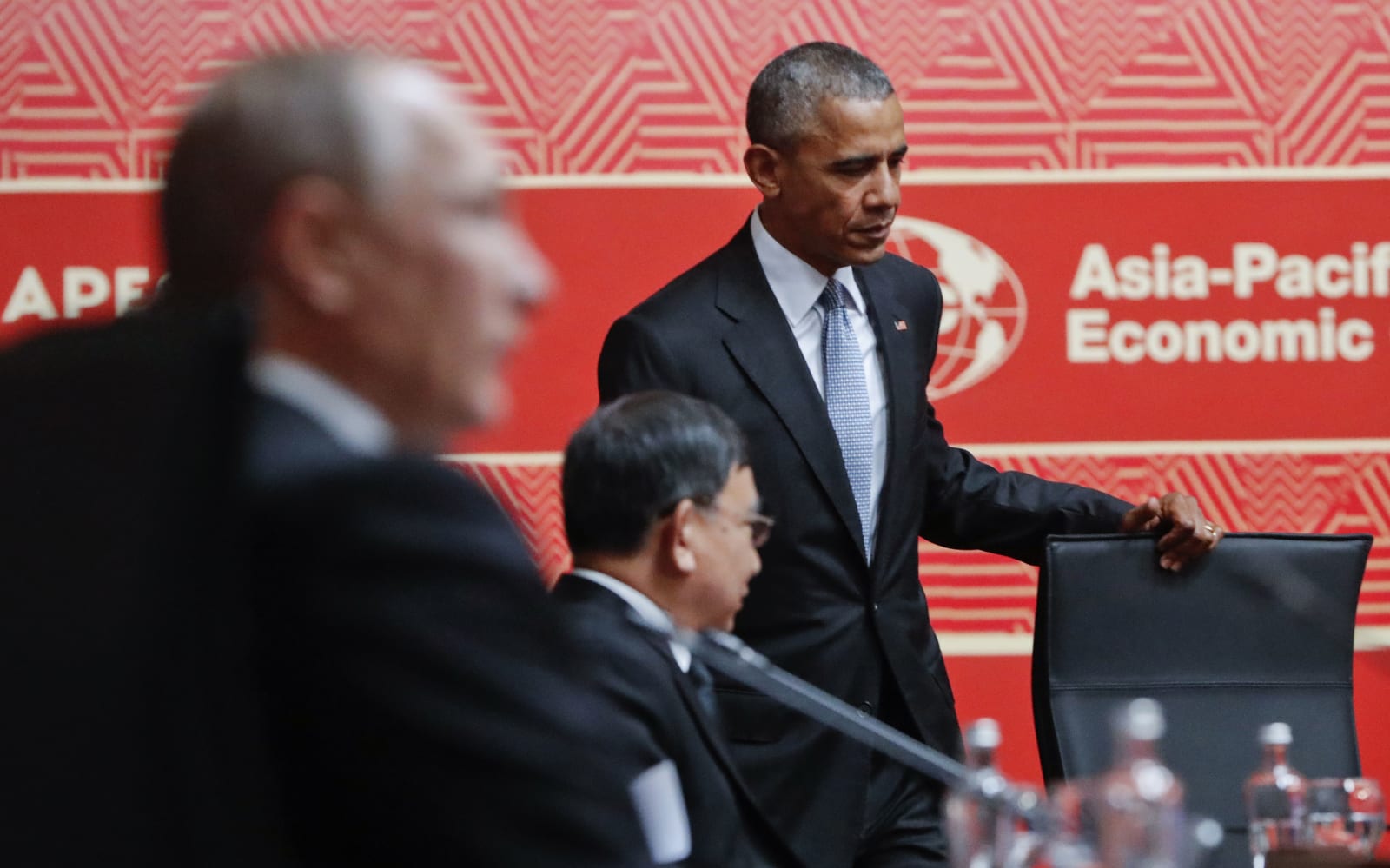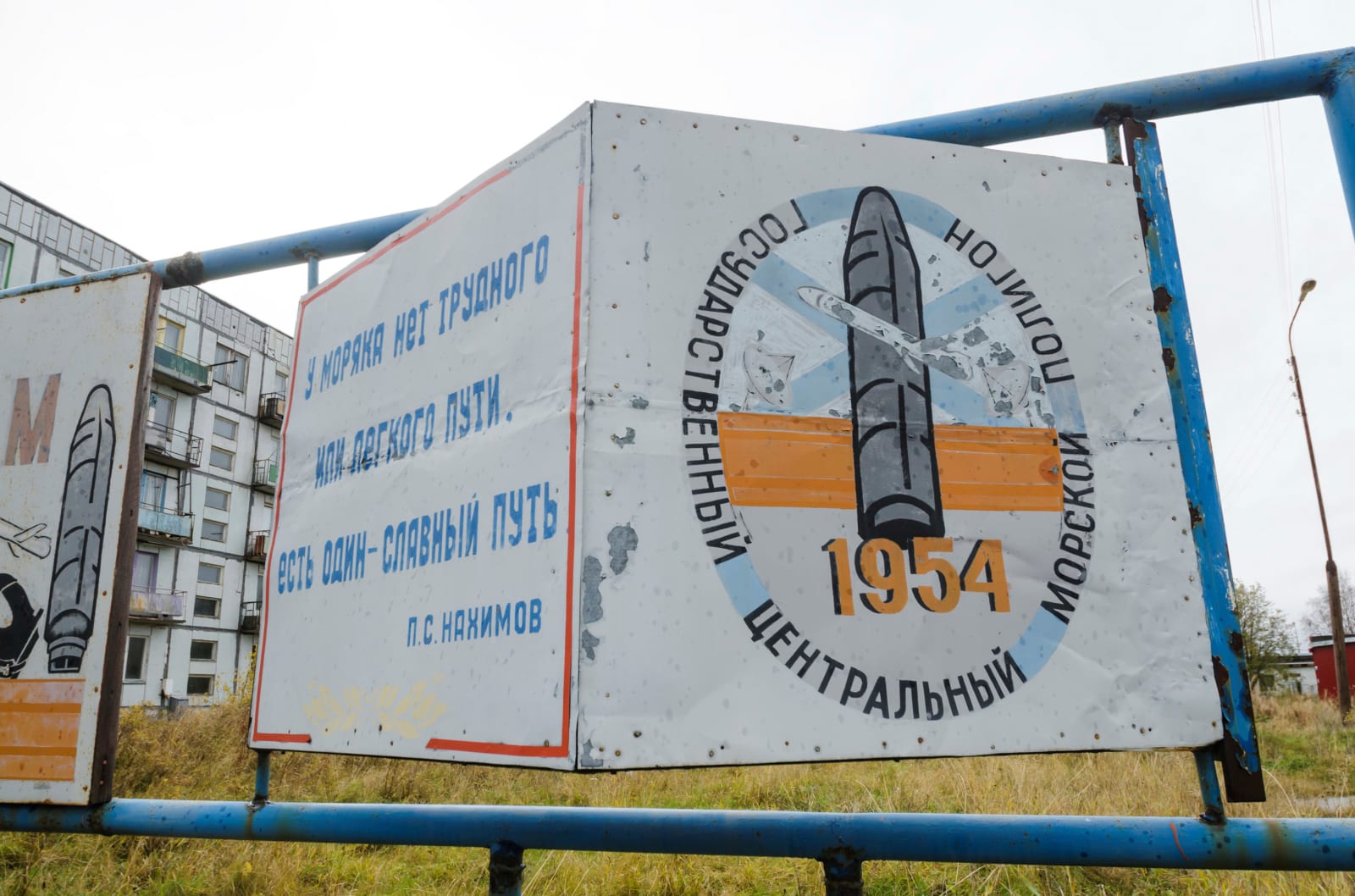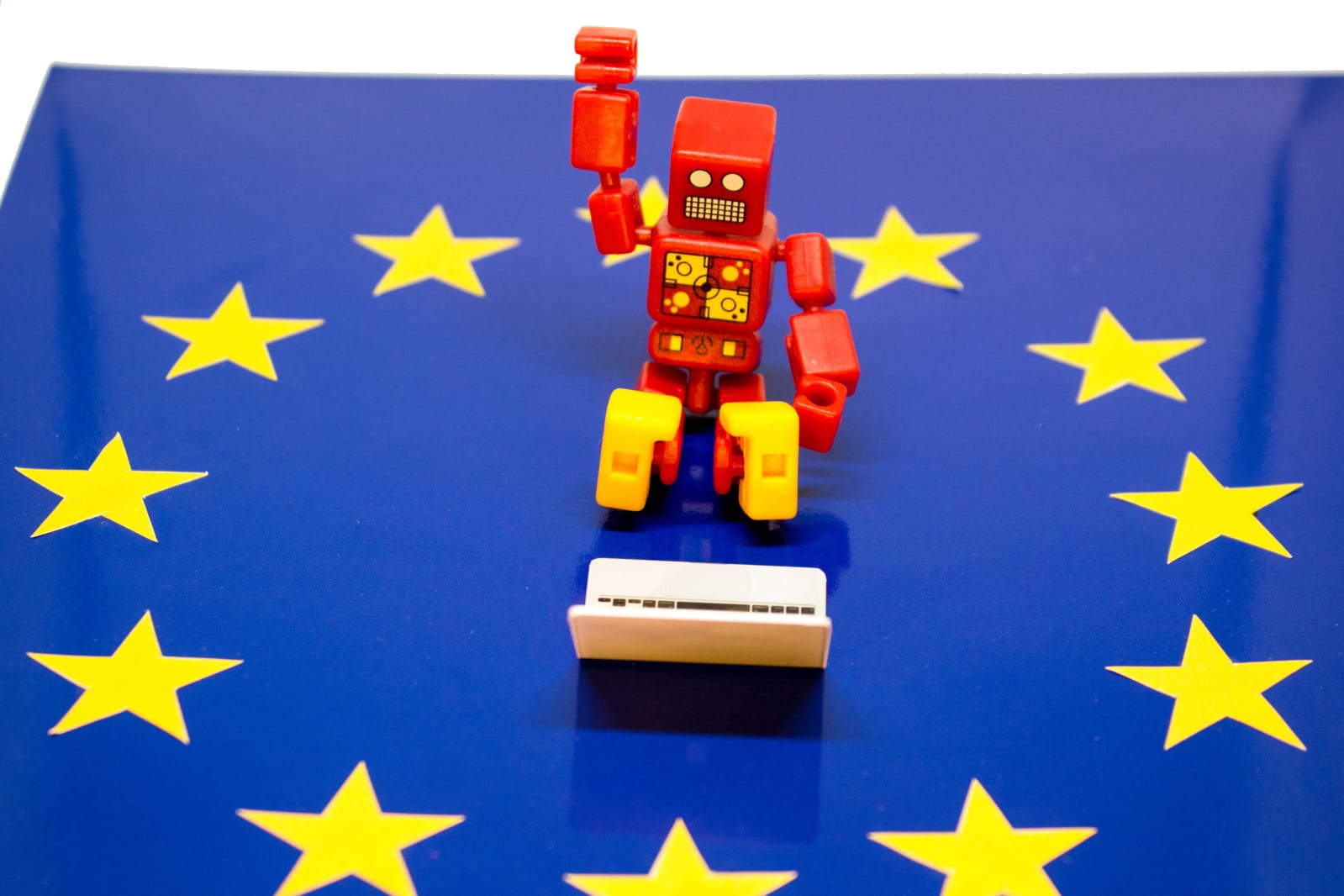Posts Tagged: Russian
Russian TikTok creators have reportedly been paid to share propaganda
The White House isn't the only one trying to steer discussion of Ukraine on TikTok. Vice News has discovered that Russian TikTok influencers are reportedly being paid to share videos promoting the Putin government's narrative surrounding the invasion. An anonymous operator in a Telegram channel has been telling creators what and when to post, what goals they must meet and otherwise dictating their content. At least some of the followers have over a million followers.
It's unclear who is behind the campaign, but the operator claims to be a journalist and has looked for posters for additional pro-government content (such as supporting Russian athletes in the Olympics) and private companies. However, TikTok's ban on new videos from Russia apparently isn't an obstacle. The channel administrator tells influencers how to dodge the ban, and at least some producers have posted videos after the ban took effect.
The channel suddenly shut down on March 9th as Vice conducted its investigation. Most of the videos have since been removed, but the campaign team reportedly asked them to do this. Others remain, and it's not certain how many similar initiatives might be underway. It's also unclear if the propaganda was effective.
TikTok hasn't commented on the pro-Kremlin campaign and told Vice about its general efforts to spot "emerging threats" and "harmful misinformation" surrounding Russia's war against Ukraine.
Whether or not the Russian government was involved with this TikTok effort, there's little doubt the country has tried to control the online narrative on Ukraine. It has blocked social networks like Instagram, posted misinformation through its embassies' accounts, circumvented bans on its state news outlets and criminalized media reports that contradict the official stance on the war. TikTok's large user base may be a tempting target if Russia hopes to sway more of the internet to its side.
Facebook will ‘temporarily’ allow Ukrainians to call for the death of Putin and Russian soldiers
Facebook is changing a rule that prohibits users from calling for violence in response to Russia’s invasion of Ukraine. The change, which was first reported byReuters, allows people in Ukraine and a handful of other countries “to call for violence against Russians and Russian soldiers in the context of the Ukraine invasion.” People in Ukraine, Poland and Russia are also permitted to “call for death to Russian President Vladimir Putin or Belarusian President Alexander Lukashenko.”
Facebook spokesperson Andy Stone said in a statement that the company was "temporarily” allowing some posts that in the past would have been taken down under the company’s rules prohibiting inciting violence. He added that the company won’t allow “credible calls for violence against Russian civilians.” The company will also take down specific credible threats against Putin and Lukashenko, according to a memo reported by Reuters.
“As a result of the Russian invasion of Ukraine we have temporarily made allowances for forms of political expression that would normally violate our rules like violent speech such as ‘death to the Russian invaders,’” Stone said. “We still won’t allow credible calls for violence against Russian civilians.”
The change underscores just how much social media platforms are rushing to adapt their content policies amid Russia’s invasion of Ukraine. Facebook has already taken several steps to limit the influence of Russian state media outlets and took down a network of fake accounts boosting pro-Russia propaganda. The Russian government has responded by banning Facebook.
Facebook blocks Russian advertisers from running ads globally
Advertisers within Russia can no longer create or run ads on Facebook "anywhere in the world," including their home country, the social network told Business Insider. The website has also suspended all ads targeting people in Russia, "due to the difficulties of operating in [the country] at this time."
This is just the latest step Facebook has taken following Russia's invasion of Ukraine. Shortly after the attacks started, it blocked Russian state media from running ads on its platform before restricting access to RT and Sputnik in Ukraine and across the European Union. A few days after that, Facebook started demoting the outlets' pages and any post linking to them on its main website and on Instagram.
As a response to the social network restricting access to state-run media, Russian telecom regulator Roskomnadzor blocked Facebook in the country, though Instagram and WhatsApp remain available. The agency throttled access to the website before that when Facebook officials refused to stop fact-checking state media outlets upon its request. In a statement issued after Roskomnadzor blocked Facebook completely, Meta's president of global affairs Nick Clegg said the company "will continue to do everything [it] can to restore [its] services so they remain available to people to safely and securely express themselves and organize for action."
According to a report by independent Russian news agency Interfax, Russia also recently blocked Twitter in the country. Roskomnadzor previously limited the country's access to Twitter, as well, after the social network paused ads and recommendations and started labeling tweets from Russian state media outlets. The social network said, however, that it's only seeing the effects of throttling within the region and not of an outright ban.
Some Russian bank cards no longer work with Apple Pay and Google Pay
Following Western sanctions on Russia’s financial institutions in response to the invasion of Ukraine, customers of several of the country’s largest banks can no longer use their debit and credit cards in conjunction with Apple Pay and Google Pay. Among the affected organizations include VTB Group, Sovcombank, Novikombank, Promsvyazbank, and Otkritie FC Bank, according to a press release from the Central Bank of Russia spotted by Business Insider.
Customers with those banks can still use their cards to make contactless payments, provided they support the feature. However, they won’t work overseas, and they can’t be used to make online purchases from retailers registered in countries that have imposed sanctions on Russia.
As The Verge notes, Apple Pay and Google Pay aren’t as popular in Russia as homegrown options like YooMoney. According to data from 2020, only 29 percent of Russians reported using Google Pay at the time, while 20 percent said they had used Apple Pay. As such, those restrictions aren’t likely to impact Russian consumers too much given they have access to alternatives. However, the possibility of excluding Russian banks from the SWIFT interbanking system could lead to things like currency volatility that would further hurt the country’s economy.
What Google Maps can tell us about the Russian invasion
Russia’s invasion of Ukraine could very well be the first major military conflict that can be tracked live on Google Maps.
Mobile | Digital Trends
Senate: Obama Admin. wasn’t prepared to handle Russian interference

Engadget RSS Feed
Russian rocket test explosion leads to radiation leak

Engadget RSS Feed
Russian Twitter accounts tried to influence the UK’s EU departure

Engadget RSS Feed
Neo-nazi website Daily Stormer briefly resurfaces with Russian domain

Engadget RSS Feed
A Russian billionaire wants to build a cobra-like skyscraper in Japan
Architect Vasiliy Klyukin took to his blog this week to reveal the ambitious details of constructing a snake-like skyscraper in China or Japan. Though just a batch of renderings, the building would resemble a standing cobra.
The post A Russian billionaire wants to build a cobra-like skyscraper in Japan appeared first on Digital Trends.
Russian scientist claims injections of 3.5 million-year-old bacteria lead to longer life
After discovering a 3.5 million-year-old bacteria in Siberian permafrost, Russian scientist Dr. Anatoli Brouchkov thinks it might be the key to achieve eternal life. He’s so confident, he’s already injected himself with it.
The post Russian scientist claims injections of 3.5 million-year-old bacteria lead to longer life appeared first on Digital Trends.
